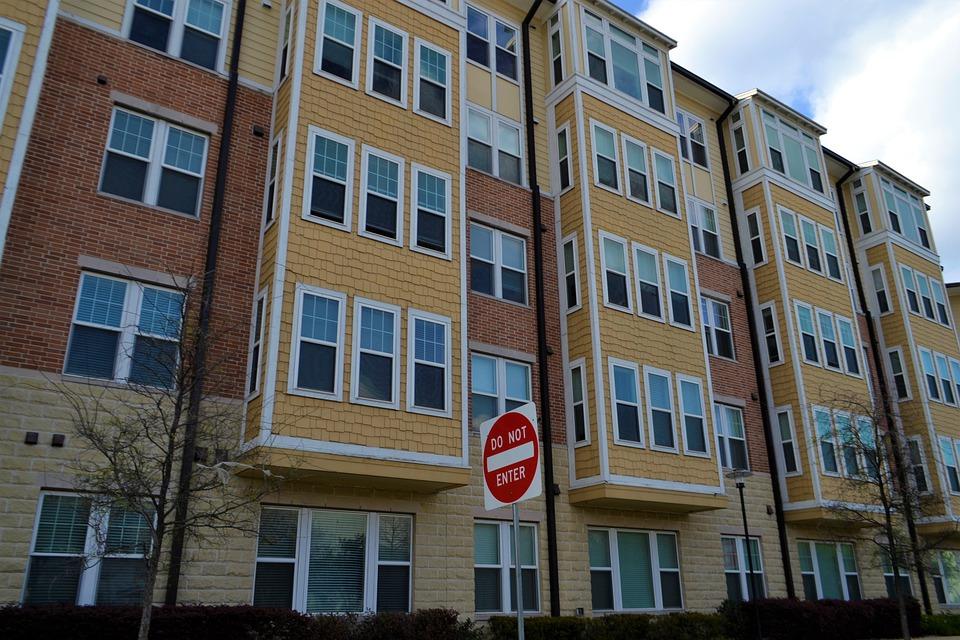In times of catastrophe, drastic change becomes attractive. Who would have thought we would be seeing Mitt Romney support Universal Basic Income in 2020? And with the threat of the coronavirus looming over every aspect of our lives, even more fervent debate over the merits of universal healthcare has sprung alive. However, in the wake of this global disaster, a similarly critical issue is being neglected, and that is the housing crisis.
I will admit that I was ignorant to the extent of this issue until recently. “Affordable housing” is a phrase often thrown around in conversation to the point it has become a soundbite rather than a life-defining issue. Everyone knows to nod along in conversation even without understanding the depth of the issue.
In my hometown of St. Petersburg, Fla., studio apartments start at $1,500 a month. In Pinellas county (composed of St. Pete, Clearwater, Tarpon Springs and 21 other cities), 47% of residents are one paycheck away from being homeless. In normal circumstances, this is a pressing issue. When a virus shuts down our economy, and experts project unemployment to reach numbers as high as 30%, this becomes a dire set of circumstances.
Nationwide, evictions and foreclosures have been suspended until the end of April, but this action isn’t enough. The effects of the coronavirus will be felt by our world for months, if not years, after we can return to our new normal. Even with assistance, many small businesses will never be able to recover. Jobs will be eliminated, our economy will take time to recover and once foreclosures and evictions are legal again (which could be as soon as the end of the month) many people will lose everything.
In his book Evicted, Matthew Desmond describes the cycle of poverty surrounding eviction. Having somewhere to come back to, to call home, is a core part of our being, and a psychological relief. Without a home, everything else falls by the wayside. Current public housing waitlists can take lifetimes to cycle through, and tenant/landlord power dynamics are massively tilted toward the landlord.
When a virus shuts down our economy, and experts project unemployment to reach numbers as high as 30%, this becomes a dire set of circumstances.
Eviction courts have turned into more of an eviction assembly line. Ninety percent of tenants do not have representation in court, while 90% of landlords do, giving landlords a practically open-and-shut case. To correct this power imbalance, the government should provide legal assistance to those facing eviction. When the South Bronx ran a three-year experiment testing the effectiveness of providing representation, evictions were cut 86% and the city saved $700,000.
According to Desmond’s research, it would take $22 billion to house everyone currently on a government waitlist. While no small figure, the government currently gives about $170 billion in property owner tax breaks and subsidies, meaning that even reallocating one fourth of this money would fundamentally change our country.
You often hear the idea of welfare criticized as providing handouts to the bottom feeders of society. Those requiring assistance are looked down upon as lost causes (“these kinds of people won’t change”) or leeches (“they only live off the rest of us”). However, it has been proved that those who benefit from public housing do not stop working.
The housing crisis in the United States is a crisis of compassion. We are a nation with the means to house everyone who needs it. Those who are not affected in their day-to-day lives must decide that the basic human rights of others are worth their time. It will take people of privilege to fight for those without the means to fight for themselves. We must collectively decide that the federally sanctioned exploitation of the poor — through housing discrimination, segregation and eviction — is unacceptable. Until then, we are shouting to deaf ears.














Denise Deja • Apr 18, 2020 at 7:08 pm
This is so true! Being a housing advocate in St. Pete, FL I am constantly trying to combat against the capitalism that says if you’re poor and can’t afford to live downtown or in this area.. it’s your own fault and it is inevitable that the market will move those who are deemed less than out of the desirable areas. Affordable housing is a phrase that many don’t understand and NIMBYism becomes prevalent when you try to make those who have more understand that housing is a human right! And shouldn’t be dictated by how much money you make or your status. 50% of the population pays over 50% of their paychecks for housing.Yet the federal government says you should only be paying 30%. That’s just not the reality for millions of people! And we need to do something about it as a nation. People who are making over $40,000 a year (the average middle class salary) shouldn’t be living in their cars or having multiple jobs to pay their rent. And for those below that AMI, it’s even worse. We need to stop the inhumane and capitalist behavior of I’ve got mine, that’s all that matters.